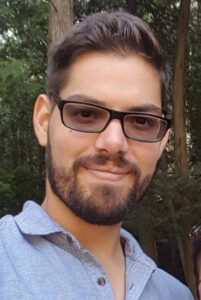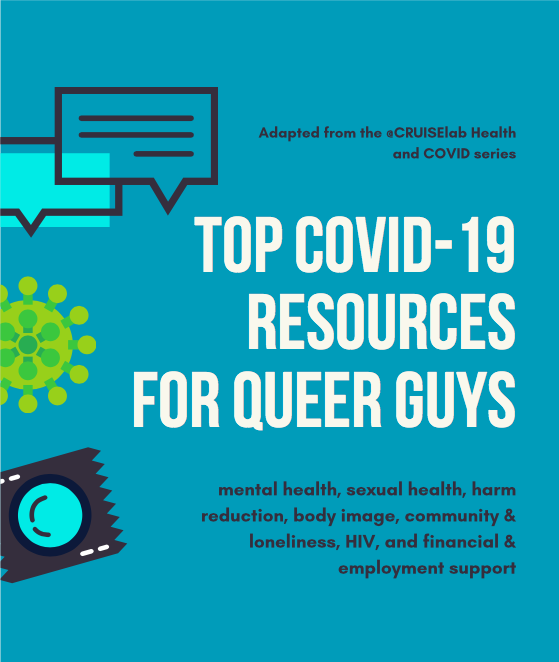Service to Impact
FIFSW is working together with the broader university, academy, and communities to contribute to change. Below are a few examples.
FIFSW develops a new Online Counselling Clinic
The COVID-19 global pandemic has led to a dramatic increase in the number and severity of mental health challenges, with crisis hotlines reporting a huge surge in calls for help. FIFSW is responding to this growing need through the creation of a Online Counselling Clinic operated by clinical students who will undergo special training and receive ongoing supervision. We are grateful to Janis Rotman for her generosity and vision in supporting this important initiative, which will provide free mental health support to low-income and high-need youth and families, and will be among the first such clinics affiliated with schools of social work in North America. Your contributions will help to ensure its sustainability. Please consider making a contribution by clicking here.
MSW student Mariah Douglas applies clinical skills to combat COVID-19 at CAMH
On any given day during the COVID-19 pandemic, the news is full of stories about the impact of the pandemic on mental health. For MSW student Mariah Douglas (pictured above, right) those stories come to life every time she works the night shift in the emergency room at the Centre for Addiction and Mental Health (CAMH). “The number of people looking for mental health services has definitely increased,” she says, “and so has the pace of my work.”

MSW student Egag Egag contributes time and insight to a U of T Task force on student mental health
While completing his MSW and working as a student counsellor at Family Services Toronto, FIFSW student Egag Egag helped shape the future of mental health services on campus as a member of the Presidential & Provostial Task Force on Student Mental Health. Comprised of students, faculty and staff, this task force reviewed mental health supports across the university on all three campuses and delivered an actionable report that is being implemented.
Migrant Mother Project
The Migrant Mothers Project — co-created by Associate Professor Rupaleem Bhuyan in collaboration with a network of community-based organizations, women’s rights and immigrant rights groups, and grassroots activists — is showing how immigration policies contribute to gendered inequality and different forms of gender-based violence. The Project also identifies strategies for collective action to advocate for dignity and human rights. Their impactful work was featured in the October 2019 issue of U of T Magazine.
Support for the LGBQT2+ community
Many organizations that support the LGBQT2+ community jumped into action to provide mental health resources at the onset of the COVID-19 pandemic. However, identifying and navigating those resources were a challenge for many. The CRUISElab, founded by Professor David Brennan, is helping to identify resources related to accessing testing, counselling, and other online resources via a series of social media posts. “We’re trying to make sure we pump that information out to help people have access to relevant, timely, and accessible resources,” said Brennan. “It is very important.” A compilation of the Top COVID-19 Resources for Queer Guys is now available on the CRUISElab’s website.
 TALK2NICE
TALK2NICE
For many older adults already struggling with loneliness, practicing social distancing to slow the spread of COVID-19 posed a series health and mental health risks. The National Institute for Care of the Elderly (NICE), housed at FIFSW, immediately recognized this and established TALK2NICE, a phone line and virtual community of volunteers from across Canada who regularly check in with older adults at risk. The volunteers — which include a number of FIFSW students and alumni — help ensure the older adults have access to counselling and support by trained social workers.
Jason Ferreirinha (MSW 2020), a graduate from our Gerontology Field of Study, is the TALK2NICE program manager and is helping to shape all aspects of the call centre, from the program promotion to privacy protocols and the establishment of long-term strategic goals.
Toronto’s HomeShare program reduces social isolation among older adults and students
The innovative Toronto HomeShare program pairs post-secondary students with older adults willing to rent their spare rooms. Directed and operated by the National Initiative for the Care of the Elderly (NICE) and funded by the City of Toronto, the program expanded to 100 students in the past academic year. When roommates were matched, no one expected they’d be living through a global pandemic. Fortunately, in many cases both the students and the older adults they live with have been buoyed by intergenerational support the HomeShare program provides.
Service to local, national and international communities
Centres, networks, boards, associations, programs, team projects — no matter the name, our faculty are involved as mentors, collaborators, investigators, committee members, affiliates, fellows, and editors-in-chiefs. Below are some examples.
- Associate Professor Charmaine Williams was part of a team that worked with the Public Health Agency of Canada to develop a program to support “culturally focused programs and interventions that address mental health and its determinants for Black Canadians.”
- Assistant Professor Tara Black is an associate editor of the International Journal of Child and Adolescent Resilience.
- Assistant Professor Keith Adamson is the Past President of the Ontario Association of Social Workers (watch a video about his experience here), while Rachelle Ashcroft is currently the Association’s Vice President, Social & Professional Advocacy.
- Associate Professor Rupaleem Bhuyan is Co-Editor-in-Chief of Affilia: Journal of Women and Social Work and is a member of the Rights of Non-Status Women Network.
- Professor Amanda Grenier joined the Board of Directors of Haven Toronto, a drop-in centre for elder men over 50 years old who have been impacted by poverty.
- Professor Peter Newman is a member of the International AIDS Society, Towards and HIV Cure Initiative.
- Professor David Brennan is a member of the steering committee for U of T’s Bonham Centre for Sexual Diversity Studies.
- Dean and Professor Dexter Voisin is the Secretary for the Society for Social Work and Research.
Student-organized events
Social Work Week
During Social Work Week, March 2-8, FIFSW students helped organize a series of events that included a workshop to explore the power of visualization, perspective, and embodiment in creating positive change from within; a peer-led event to strengthen ties, uplift spirits and reflect on leading positive change across structures and systems; and a harmonizing workshop to bring everyone’s voices together.
Black History Month
In honour of Black History Month, FIFSW’s students, faculty and staff — organized a series of events, including a talk by Melanie J. Newton, Associate Professor of History at U of T; a panel discussion on Navigating systems as a Black MSW; a potluck for Black, Indigenous, People of Colour (BIPOC); and an Art Wall exhibit. These and many other events organized across U of T celebrated the legacy of Black Canadians.

